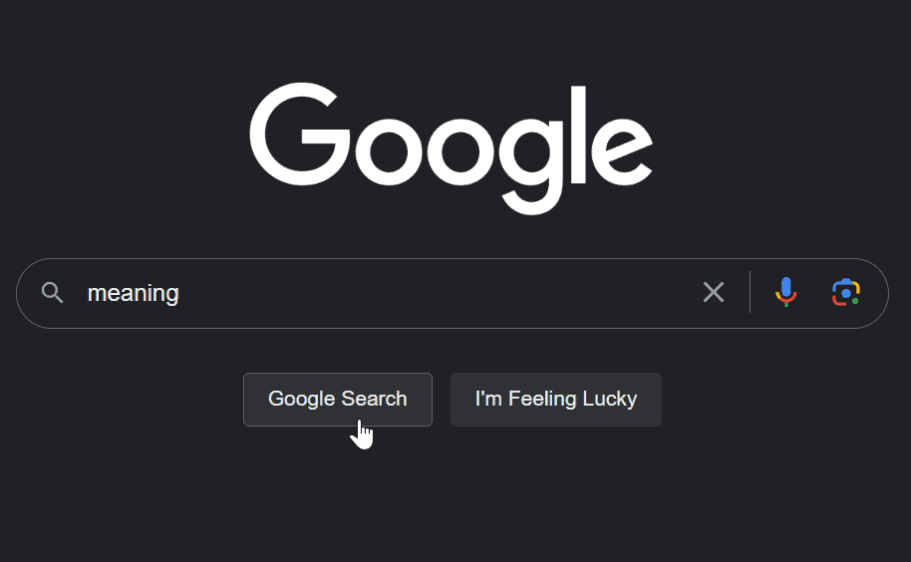Bite the Bullets (A quick summary if you don’t want to read the whole article)
- Meaning is the purest and longest lasting motivator, and sustains life
- Regardless of your circumstances, you retain the freedom to choose how to feel and act,
- Tragic optimism allows suffering to transform into success
Savor the Summary
Introduction
“Why [don’t] you commit suicide?” If that question startled you, you are not alone but it isn’t only meant to be sensational. This is something Dr. Viktor Frankl, holocaust survivor, psychiatrist, and author of Man’s Search for Meaning, often asked his patients who were suffering. In their answers, he found a guideline for the meaning-centered psychotherapy he provided (9).
Why provide psychotherapy in a way that focuses on meaning? Dr. Frankl survived years in concentration camps, one of the closest things to hell-on-earth in recent history. Just my speculation, but having observed what gave people hope and a reason to live even under those circumstances made it clear that the foundation of that hope would stand to also overcome more common tragedies and minor sufferings.
I imagine this as creating an intense force of gravity in the future to pull yourself forward. This doesn’t mean you won’t encounter thickets of thorn bushes along the way, but the gravity will pull you THROUGH them. You may get cut to pieces but you will make it through, because the gravity of meaning is an unstoppable force greater than anything that can be placed in your path.
In “Man’s Search for Meaning,” Dr. Frankl makes a compelling case that there IS meaning in life, that no matter what you are going through you always have the freedom to choose your attitude, and that embracing “tragic optimism” can redirect suffering into purposeful growth.
In this article, we’ll explore these key themes, provide actionable insights for finding meaning, and hopefully inspire you to start or continue your search for meaning.
What is Meaning (and why it matters)?
How a person defines meaning can be different for everyone, but it serves two common purposes at its core; providing motivation in life and an antidote to suffering.
While a good song, pep talk, or quote may get you pumped up momentarily, meaning is like a battle cry that every cell in your body chants constantly. In Dr. Frankl’s words, “… meaning is the primary motivation in [man’s] life (121).” It is that reason which helps a person overcome the paralysis of imminent death or overwhelming suffering and carry on courageously in service of that meaning.
In this way, meaning also provides an antidote to suffering. As Fyodor Dostoevsky famously wrote, “There is only one thing that I dread: not to be worthy of my sufferings.” This quote confused me quite a bit at first. Does it mean he wanted to justly earn his sufferings? Eventually, what I came away with from it is to not suffer in a meaningless manner. To make suffering worthwhile to ourselves and others.
Dr. Frankl expands on this by describing the suffering of fellow prisoners, stating “the way they bore their suffering was a genuine inner achievement (87).” In this way, it was still an example of strength to others, making the suffering not in vain.
From this example, it seems like we all have a choice. Either to suffer senselessly, which compound’s into the despair of meaninglessness. Or to derive meaning from suffering. To make it an indestructible reason to carry on with whatever you are called to do.
The Last of Human Freedoms
No matter how little we have or how oppressed we are, Dr. Frankl reminds us that we always retain the freedom to choose how we approach our situation. “In the concentration camp every circumstance conspires to make the prisoner lose his hold. All the familiar goals in life are snatched away. What alone remains is ‘the last of human freedoms’ – the ability to ‘choose one’s attitude in a given set of circumstances’ (12).” Said another way, it is to take responsibility for your life regardless of how you arrived in your current situation.
Everything can be taken from you, except for the meaning you have and the attitude with which you choose to live. Obviously it is by no means easy to choose meaning and optimism when all appears lost, but it is necessary if you want to lead a life worth living.
Tragic Optimism
This type of optimism isn’t your stereotypical, lighthearted, happy-go-lucky optimism. Dr. Frankl dubs it “tragic optimism,” defining it as meaning “that one is, and remains, optimistic in spite of the ‘tragic triad,’ …
1) pain;
2) guilt; and
3) death (161).”
There is a depth to this type of optimism that, if witnessed by an observer, may be overlooked and mistaken for toxic positivity.
I am no stranger to this accusation, and when people react as if I’m being toxically positive in a situation, I think to myself, “No. What would be toxic to you is if I indulged myself in my tragedies, succumbed to the overwhelming darkness, and brought you down with me.” Tragic optimism is like a torch one holds in the darkness to first keep the monsters at bay, and eventually transform the darkness into light. In Dr. Frankl’s words, tragic optimism “allows for:
1) turning suffering into human achievement and accomplishment;
2) deriving from guilt the opportunity to change oneself for the better; and
3) deriving from life’s transitoriness an incentive to take responsible action.” (162)
I feel like it must be said that obviously this does not mean to skip grieving or to never be sad. But rather it means to feel those emotions, distill the experience into embodied meaning, and use that meaning to fuel a tragic type of optimism for the future.
Conclusion
So what is the meaning of your life? Some ask with curiosity, others with contempt and the difference can lead to polar opposite approaches to life. Given how impactful the answer to this question can be, it is imperative that we wrestle with it and brand our very spirits with our response so that even when we are not consciously thinking of it, it comes across in everything we do.
A word of caution from Dr. Frankl if you are planning to explore your meaning in life: “To be sure, man’s search for meaning may arouse inner tension rather than inner equilibrium. However, precisely such tension is an indispensable prerequisite of mental health (126).”
Embarking on this quest is sure to start off with some inner turmoil, but these three actions are sure to help you on your way:
Prioritize reflecting on personal meaning, otherwise your status quo will be maintained,
Guard your “last of human freedoms,” the freedom to choose how you respond regardless of the circumstance, and
Foster a tragic optimism mindset that acknowledges life’s challenges but sees them as opportunities for growth.
There you have it. And if you need motivation to kick off your search I’ll leave you with how Dr. Frankl closed the book which is as true now as it was when it was published in 1946: “For the world is in a bad state, but everything will become still worse unless each of us does his best (179).”



